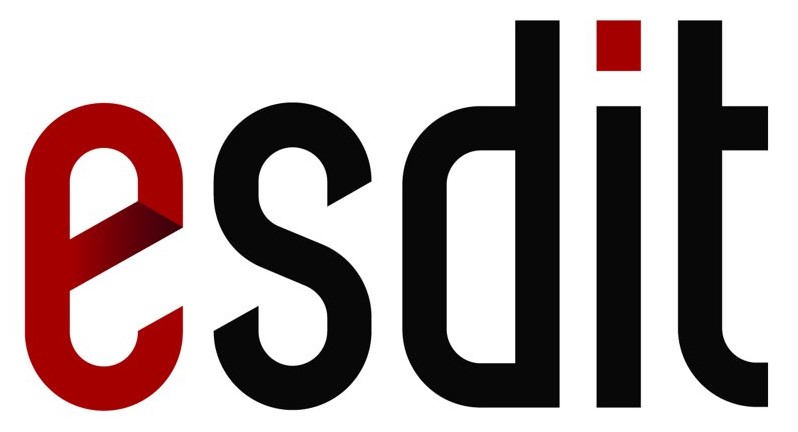The recording above is from the lecture. There is a separate recording of the Q&A session afterwards.
About this seminar
Within the ESDiT (Ethics of Socially Disruptive Technologies) project, the working group on “Attention Economy” organizes an online seminar on ‘Grounding ethics through attention: Murdoch, Weil, and Zen Buddhism’ as part of the series “Attending as practice in the attention economy”.
| When | Who | Title |
| Wednesday, November 23, 2022 10:30 AM-12:00 PM CET | Silvia Caprioglio Panizza | Grounding ethics through attention: Murdoch, Weil, and Zen Buddhism |
Interested in attending?
Please write to Secretariat.P&E@tue.nl which of these sessions you want to attend. You will then receive a link to join the online seminar.
We are looking forward discussing this with you.
Gunter Bombaerts, Joel Anderson, Matthew Dennis, Lily Frank, Tom Hannes, Jeroen Hopster, Madelaine Ley, Lavinia Marin, Alessio Gerola and Andreas Spahn
____

About the Online seminar series on “Attending as practice in the attention economy”
Aim: The online series aims to contribute, using philosophy and ethics, to constructively critique the attention economy (the tech industry’s business model that treats human attention as a commodifiable resource).
Next speaker planned:
| When | Who | Title |
| Wednesday, December 14, 2022 10:30 AM-12:00 PM CET | Soraj Hongladarom | “Toward an Ethics of Attention.” |
Background
The “attention economy” refers to the tech industry’s business model that treats human attention as a commodifiable resource. The libertarian critique of this model, dominant within tech and philosophical communities, claims that the persuasive technologies of the attention economy infringe on the individual user’s autonomy and therefore the proposed solutions focus on safeguarding personal freedom through expanding individual control.
While this push back is important, it uncritically accepts the framing of attention as a scarce commodity, giving rise to incomplete assessments of the moral significance of attention, and obscuring richer sets of ethical strategies to cope with the challenges of the attention economy.
We step away from a negative analysis in terms of external distractions and aim for positive answers, by approaching attention as practice.
The series engages with speakers from all kinds of backgrounds (philosophy on authors like Iris Murdoch, Martha Nussbaum, Simone Weil, Merleau-Ponty, Harry Frankfurt, or Buddhist ethics …; psychology; artificial intelligence; …).
Questions that will be central in the online series:
1-What do attention and related concepts mean in the “attention economy”?
2-How is attention a basis for or related to morality?
3-How can attention (and related concepts) be built in the design of the attention economy in a humane way?
To answer this last question, we think the philosophical debate should turn from a negative to a positive focus:
- From “What are the distractions?” to “How can wisdom practices, virtues, … support a desirable form of attention?”;
- From “I must take back control of my attention” to “How can we use attention for flourishing, wisdom, …?”;
- From reacting against “promising (false?) free comfort” to supporting “acceptance of necessary effort”; and
- From “increasing individual needs in the attention economy” to support “collective or intentional joint attention in the attention ecology”.
